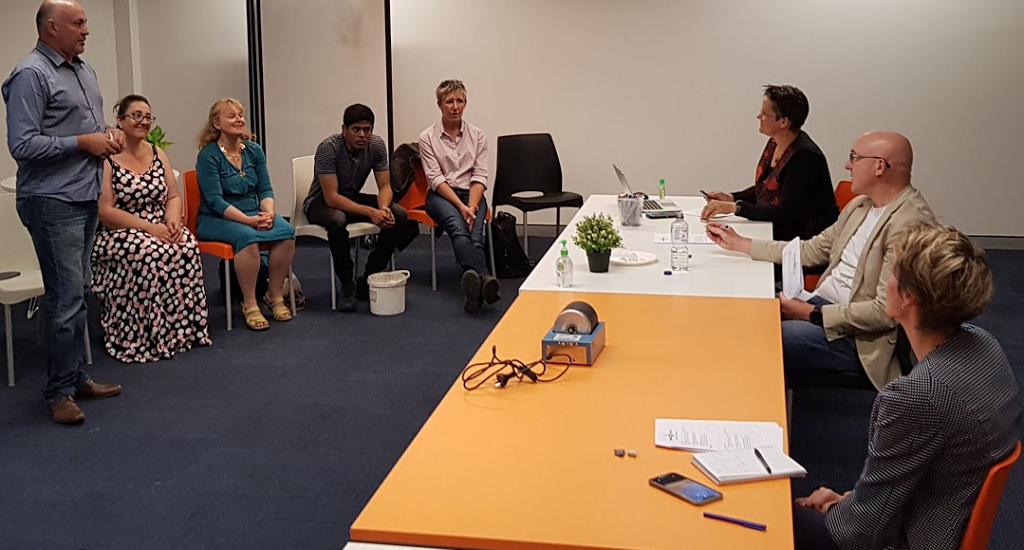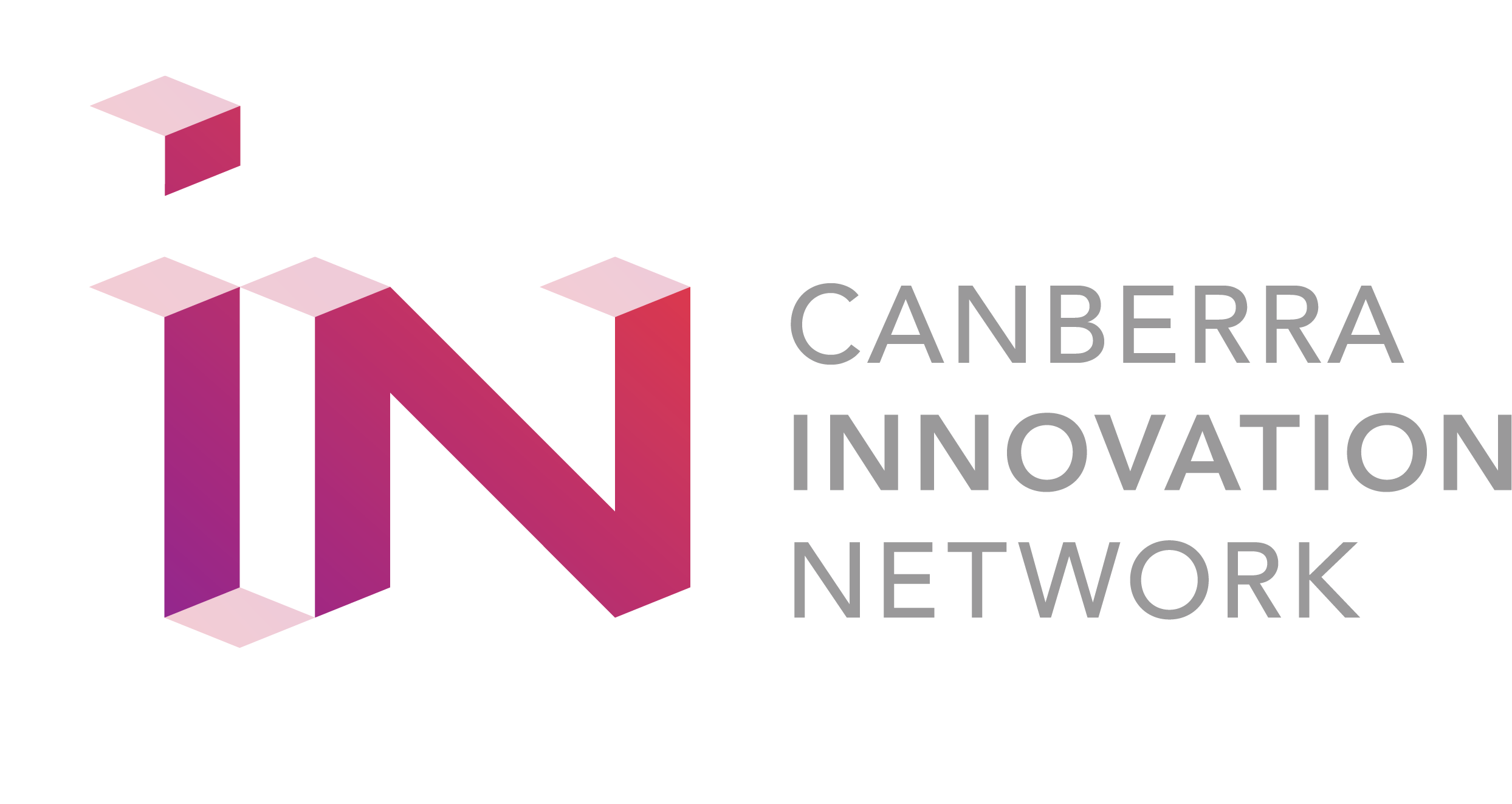- 23 March 2020
- Posted by: Canberra Innovation Network
- Category: Event News

According to the recent Technology Impacts on Australian Workforce report commissioned by ACS, 2.7M Australian jobs are predicted to be lost due to impacts of technology and automation by 2034.
At the same time 4.5 million workers will work with technology differently – their jobs will be augmented leading to significant uplift in productivity. While impacts will be different by industry and geography, every industry is undergoing this massive change. A change often referred to as 4th industrial revolution. Due to current developments around the coronavirus pandemic (rapid workforce digital capability development), the rate of this change can only be expected to accelerate.
The good news is that there are active ways to respond to these seismic shifts. We need to find new ways to educate and skill up our workforce to be part of or even lead this change. The Canberra Institute of Technology (CIT) partners with the Canberra Innovation Network to develop new approaches that introduce participatory, collaborative innovation initiatives in the higher educational sector targeting the parts of the workforce most likely to be impacted first.
The most recent of these collaborative experiments was the Canberra Institute of Technology Trade Hack: Tackling Waste in Trades that concluded on March 17 with ten teams pitching for a share of the $18,500 prize pool. Teams were made up of CIT apprentices, students and staff as well as businesses and researchers interested in providing novel solutions in the ‘waste in trades’ space.
Spanning four evenings over two weeks, 52 registered participants were challenged to come up with innovative solutions that were financially sustainable. Facilitated by the Canberra Innovation Network, teams were shown lean innovation methods that helped them to quickly test their ideas and worked towards pitching to a panel of judges representing CIT, ACT No Waste and Epicorp.
The innovative entrepreneur experience was epitomised on the final pitch night with Trade Hack having to rapidly respond to the evolving coronavirus situation. Parts of the hack were delivered virtually across three CIT campuses with the final pitches live-streamed on YouTube.
The solutions that were pitched spanned from recycling waste material into useful products to a cryptocurrency solution to incentivise and reward carbon capture.
Taking out the top prize was Tileback, a group who created a system to turn broken and off-cut tiles into pebbles that can be used for garden landscaping.
The teams
- Canberra, we need to ban commercial food waste – star rating system for restaurants and food outlets to better deal with food waste.
- Elec Crate Engine Swap (CIT Year 12) – recycle old, inefficient combustion engines into electric engines.
- Evedian Emission Control – cryptocurrency to incentivise companies to increase carbon capture.
- Food2Soil – processing organic waste into ‘kombucha’ for soil.
- Foodies – a system that recycles food waste from the culinary industry into natural gas.
- M & S Consulting – turning food waste into useful materials and resources.
- Refoundry – turning soft plastic waste into recycled plastic bollards.
- Rubes & Grant – a new method of stripping PVC off cables that results in a better quality product. *Encouragement Award*
- Taking out the Trash (CIT Year 12) – program to help remove organic waste from bins.
- Tileback – turning broken and unused tiles from construction sites into materials for landscaping. *Winner*
Trade Hack showed that any profession and any part of the workforce can take evolving technology change as an opportunity. Innovation and entrepreneurship are natural to all of us, not just scientists and researchers, but also tradies, nurses, artists and all citizens. We need to find a variety of ways to unlock those skills and help people convert their ideas into new commercially viable solutions.
Petr Adamek, the CEO of Canberra Innovation Network said, “We have the responsibility to introduce innovations that make this world a better place. Congratulations to all participants, sponsors and mentors of the 2020 CIT Trade Hack: Tackling Waste in Trades – through your hard work over the past four weeks you just did that.”
Check out the live-stream of the final pitches.
If you would like to talk to our team about how collaborative innovation can help activate your innovation community, please do not hesitate to contact us.

